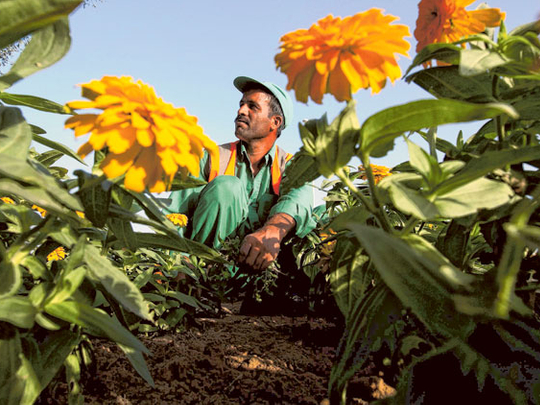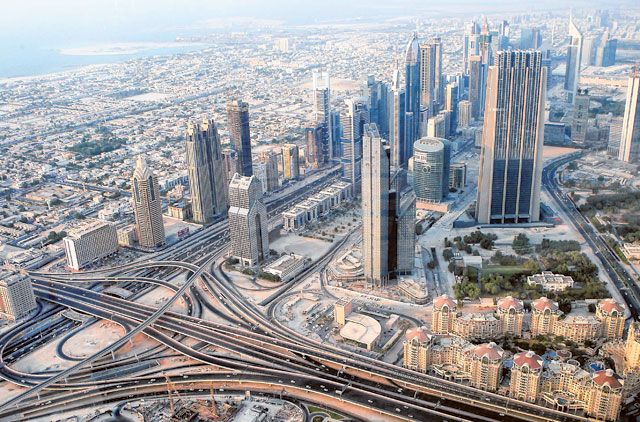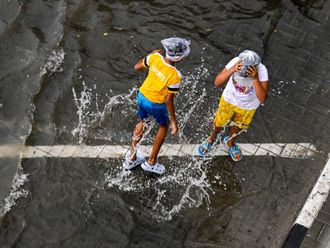
Dubai: Perhaps no other government department touches so many aspects of residents’ lives – from public health to environmental issues to city infrastructure – than Dubai Municipality.
The civic body is celebrating 41 years of the founding of the UAE, but it was present even before the Emirates became a nation state in 1971.
It has its origins in a small office in the 1950s, with just three staff members operating out of a single room. Today, it employs more than 15,000 workers in over 30 units and departments across the emirate.
A UAE national who has been working with the municipality since 1980 narrated how the authority has transformed over the decades.
Maalaineni Al Shaiba Salama, 60, said: “A lot of changes have been done in the last 32 years when Dubai was still a small city. We did not have that many facilities and no trainees, and we would have to rely on privately owned tankers to take the water out of the street.”
He added: “At the time, there was only one traffic radar on Maktoum Street but now it is impossible to even think of speeding there because of all the traffic.”
Salama went on to say that there was only one municipality centre in the city, in Rashidiya, while the second centre was in Hatta on the far edge of Dubai. “But even at that time, Dubai Municipality was very active and we received lots of queries from residents.”
He said that during his years of service, he has seen three different director generals of Dubai Municipality take office.
The Municipality was first formally founded in 1954, with less than 10 employees undertaking simple tasks related to cleaning up the city. The first decree establishing the Municipality came in 1957, when more than 20 municipal council members were appointed to responsibilities like public health and architectural issues.
In 1974, the late Shaikh Rashid bin Saeed Al Maktoum, then ruler of Dubai, issued a decree re-establishing the municipality, which nullified the former order, with greater independence and powers.
Since then, the municipality has completed countless projects and initiatives to improve the quality of life in Dubai. In doing so, it has been awarded several awards of excellence.
Hundreds of its services have been automated, and the authority was one of the first to revolutionise e-services in Dubai.
Caring for community issues is a priority with municipality officials, who are putting their weight behind projects to build more parks and green spaces, and involving the private sector in clean-up campaigns.
It often undertakes projects with a national significance. Earlier this month, its General Projects Department successfully completed the headquarters building project of the National Olympic Committee in Al Nahda 1.
Safety is another goal that the municipality strives to achieve and upgrade. Its inspectors confiscated more than 2,000 toys during the first eight months of 2012 that posed a threat to the health and safety of children.
With regards to public health, the municipality keeps pace with developments to ensure community welfare.
Municipality officials also carry out snap inspections at shops and markets to ensure products are genuine and safe, with random sweeps in gold shops in October being a recent example.
It also supports the expansion and creation of public libraries to encourage residents to read and seek knowledge.
The Municipality also continually looks after another important aspect to life in the city – fun. It recently announced plans for a family leisure park with crocodiles as an attraction, to be completed in 2013.
Officials of the civic body routinely support recycling projects, green technology initiatives and provide assistance to labourers, especially during the fasting month of Ramadan.
They also have concern for culture, preserving historic buildings in the city.
Without the helping hand of the municipality, Dubai could never have become the global first-class city that it is today.













